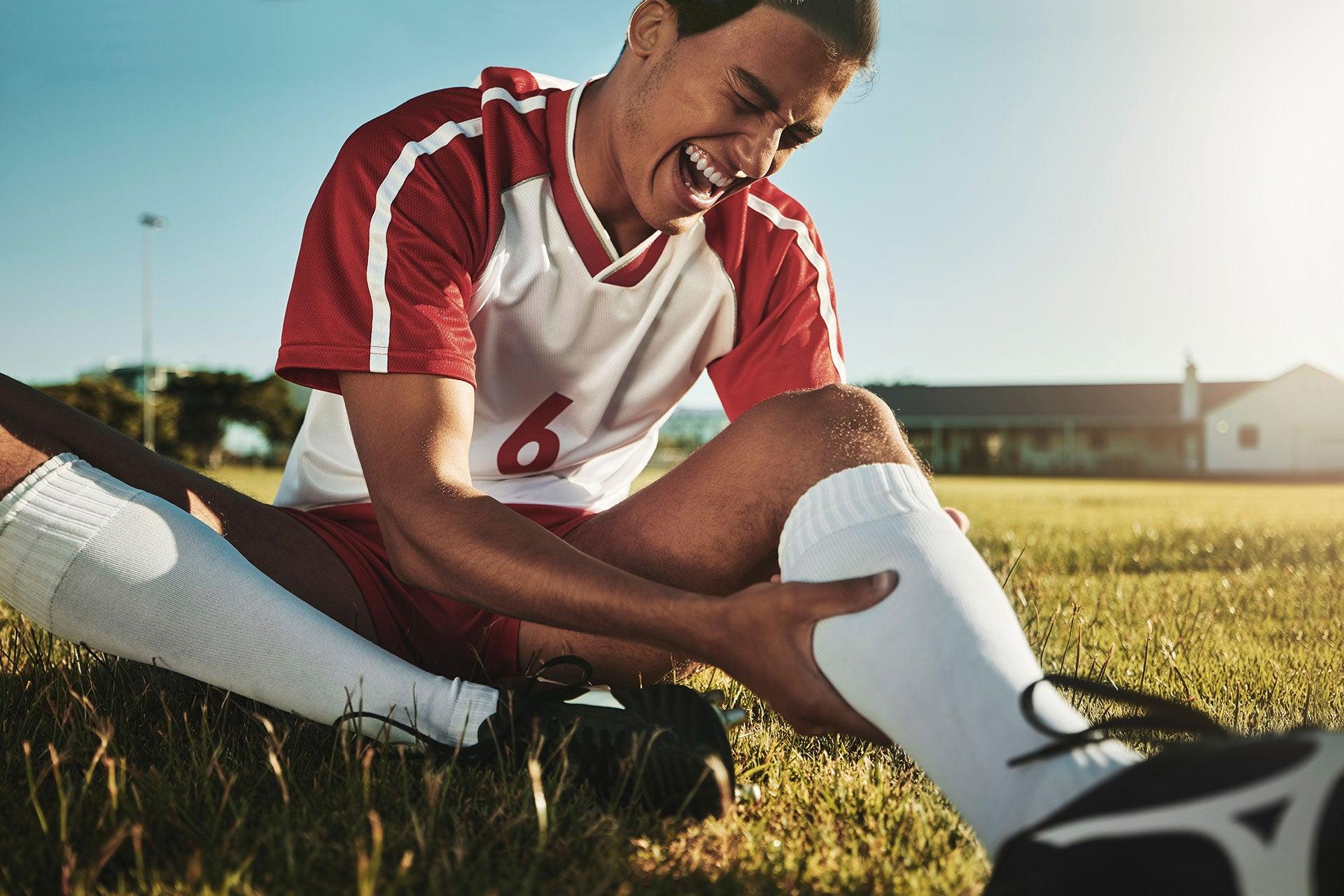Injuries are an unfortunate yet common occurrence among athletes. Whether it’s a minor strain or a more severe injury, proper nutrition can help prevent injury occurrence and support recovery. Eating the right foods can provide the body with essential nutrients needed to repair and rebuild damaged tissues, reduce inflammation, and promote overall health. In this article, we will discuss the importance of nutrition for injury prevention and recovery, focusing on specific nutrients and food sources that can support healing and minimize downtime.
Protein for Tissue Repair and Growth
Protein is a vital nutrient for injury prevention and recovery, as it provides the building blocks needed for tissue repair and growth. Consuming adequate protein helps ensure that the body has the necessary amino acids to repair damaged muscles, ligaments, and tendons. High-quality protein sources include lean meats, poultry, fish, eggs, dairy products, legumes, and plant-based protein powders.
Vitamins and Minerals for Healing and Recovery
Certain vitamins and minerals play a crucial role in the body’s healing process. Some of the most important nutrients for injury prevention and recovery include:
- Vitamin C: This antioxidant vitamin is essential for collagen synthesis and immune function, helping repair connective tissues and support overall healing. Excellent sources of vitamin C include citrus fruits, berries, kiwi, bell peppers, and dark leafy greens.
- Vitamin D: Often referred to as the “sunshine vitamin,” vitamin D supports bone health and immune function. It helps with calcium absorption and plays a role in muscle function. Food sources of vitamin D include fatty fish, fortified dairy products, and egg yolks.
- Vitamin A: This fat-soluble vitamin supports immune function, cell growth, and tissue repair. Good sources of vitamin A include liver, fish, dairy products, and colorful fruits and vegetables like carrots, sweet potatoes, and leafy greens.
- Zinc: This essential mineral supports immune function and plays a role in wound healing and tissue repair. Rich sources of zinc include red meat, poultry, seafood, beans, nuts, and whole grains.
- Calcium and Magnesium: These minerals are vital for bone health and muscle function, helping to prevent fractures and support recovery. Dairy products, leafy greens, nuts, seeds, and fortified plant-based milk are excellent sources of calcium and magnesium.
Anti-Inflammatory Foods for Reduced Downtime
Inflammation is a natural response to injury, but excessive inflammation can prolong recovery time. Consuming anti-inflammatory foods can help support the healing process and reduce downtime. Some beneficial anti-inflammatory foods include:
- Omega-3 fatty acids: Found in fatty fish, walnuts, flaxseeds, and chia seeds, omega-3 fatty acids help reduce inflammation and support overall health.
- Berries: Rich in antioxidants and anti-inflammatory compounds, berries like blueberries, strawberries, and raspberries can help reduce inflammation and support healing.
- Turmeric: This bright yellow spice contains curcumin, a powerful anti-inflammatory compound that has been shown to support recovery and reduce pain.
- Ginger: Known for its anti-inflammatory and analgesic properties, ginger can help reduce inflammation and support healing.
- Green tea: Rich in antioxidants called catechins, green tea can help reduce inflammation and support overall health.
Incorporating Healing Foods into Your Diet
To support injury prevention and recovery, it’s essential to incorporate healing foods into your everyday diet. Here are some tips to ensure you’re consuming the right nutrients for optimal recovery:
- Prioritize high-quality protein: Aim to include a variety of protein sources in your diet to ensure you’re getting all the essential amino acids needed for tissue repair and growth.
- Eat a rainbow of fruits and vegetables: Consuming a wide variety of colorful fruits and vegetables ensures you’re getting an array of vitamins, minerals, and antioxidants needed for optimal healing and overall health.
- Choose healthy fats: Opt for sources of healthy fats like avocados, nuts, seeds, and olive oil to support inflammation reduction and overall health.
- Stay hydrated: Proper hydration is crucial for injury prevention and recovery. Aim to drink at least 8-10 cups of water daily, and consider including electrolyte-rich beverages like coconut water to replenish lost minerals during exercise.
- Practice mindful eating: Listen to your body’s hunger and satiety cues, and avoid overeating or undereating, as both can negatively impact recovery.
- Consult a healthcare professional or sports dietitian: If you’re unsure about your nutritional needs, consider seeking guidance from a healthcare professional or sports dietitian who can provide personalized recommendations based on your individual needs and goals.
Conclusion
Proper nutrition is an essential aspect of injury prevention and recovery for athletes. By consuming a well-balanced diet rich in protein, vitamins, minerals, and anti-inflammatory foods, individuals can support their body’s natural healing process and minimize downtime. By incorporating these healing foods into your everyday diet and staying hydrated, you can help your body recover faster, reduce the risk of injuries, and maintain optimal health and athletic performance.
